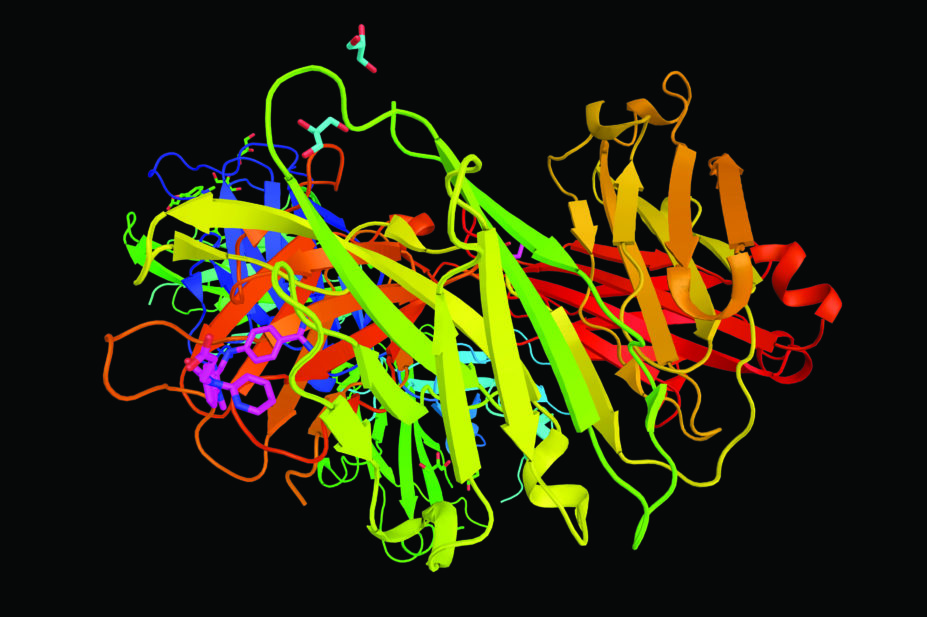
Shutterstock.com
Agents that can reverse the effects of oral anticoagulants could improve the risk-benefit profile of thrombosis-prevention therapy through use in situations such as uncontrolled bleeding or a need for emergency surgery.
In a study in The New England Journal of Medicine (online, 11 July 2017), researchers intravenously administered idarucizumab, a monoclonal antibody that binds to and reverses the anticoagulant dabigatran, to 301 dagibatran-treated patients with uncontrolled bleeding and 202 undergoing an urgent procedure[1]
.
They found that, after four hours, the median maximum reversal of dabigatran was 100% (95% confidence interval, 100 to 100). Uncontrolled bleeding stopped in a median of 2.5 hours and the median time to emergency procedure initiation was 1.6 hours, with 93.4% of these patients having normal perioperative haemostasis. Furthermore, there were no adverse drug-related safety signals in the 503 patients.
The researchers say the results demonstrate that idarucizumab can rapidly reverse dabigatran’s effects in emergency situations but post-marketing surveillance will be needed to further assess its safety.
References
[1] Pollack C, Reilly P, van Ryn J et al. Idarucizumab for dabigatran reversal — full cohort analysis. N Engl J Med 2017. doi: 10.1056/NEJMoa1707278


